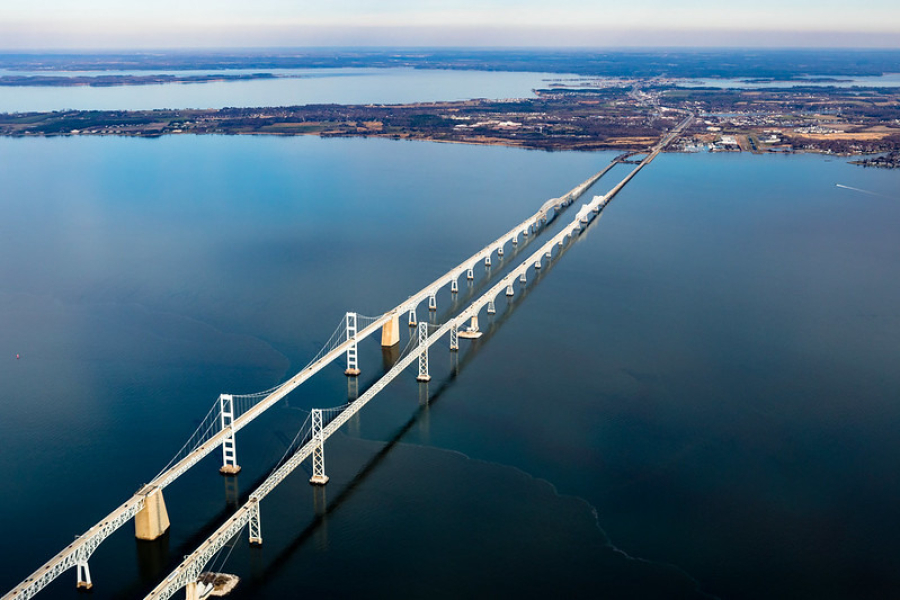Planning for 2025 and Beyond
The Chesapeake Bay Program charts a course for the future of Bay restoration

The Beyond 2025 Report
In October 2024, the Beyond 2025 Steering Committee finalized a report that outlined the next steps for meeting the goals and outcomes of the current Watershed Agreement, how best to address and integrate new science and restoration strategies, and plan for the future of the partnership. At a high level, the Beyond 2025 Report made the following recommendations:
- The Chesapeake Executive Council should affirm its continued commitment to meeting the goals of the Chesapeake Bay Watershed Agreement and direct the Principals’ Staff Committee to propose the necessary amendments to effectively implement the Watershed Agreement.
- The Chesapeake Bay Program should be strengthened by identifying ways to simplify and streamline the partnership’s structure and processes, including potential changes to the partnership’s Governance and Management Framework to ensure that commitments can be met.
The report also identified several additional recommendations for improving the Chesapeake Bay Program's efforts in the areas of science, conservation and restoration, and partnership.
Who contributed to the report?
The Beyond 2025 Report was drafted by the Beyond 2025 Steering Committee, which consisted of representatives from each of the six watershed states (Delaware, Maryland, New York, Pennsylvania, Virginia and West Virginia), the District of Columbia, the federal agencies participating in the Chesapeake Bay Program, Goal Implementation Teams, advisory committees and non-profit organizations. The report’s recommendations were informed by an independent evaluation of the partnership conducted by an outside contractor and a series of proposals developed by five groups of subject matter experts representing critical topic areas: Clean Water, Climate Change, Healthy Watersheds, People and Shallow Water Habitats.
Public comments
A draft of the Beyond 2025 Report was open to public comment from July 1, 2024 through August 30, 2024. The report received 87 unique comments along with several letters signed by over a thousand people. These comments and a redlined, edited version of the report based on the comments have been published.
